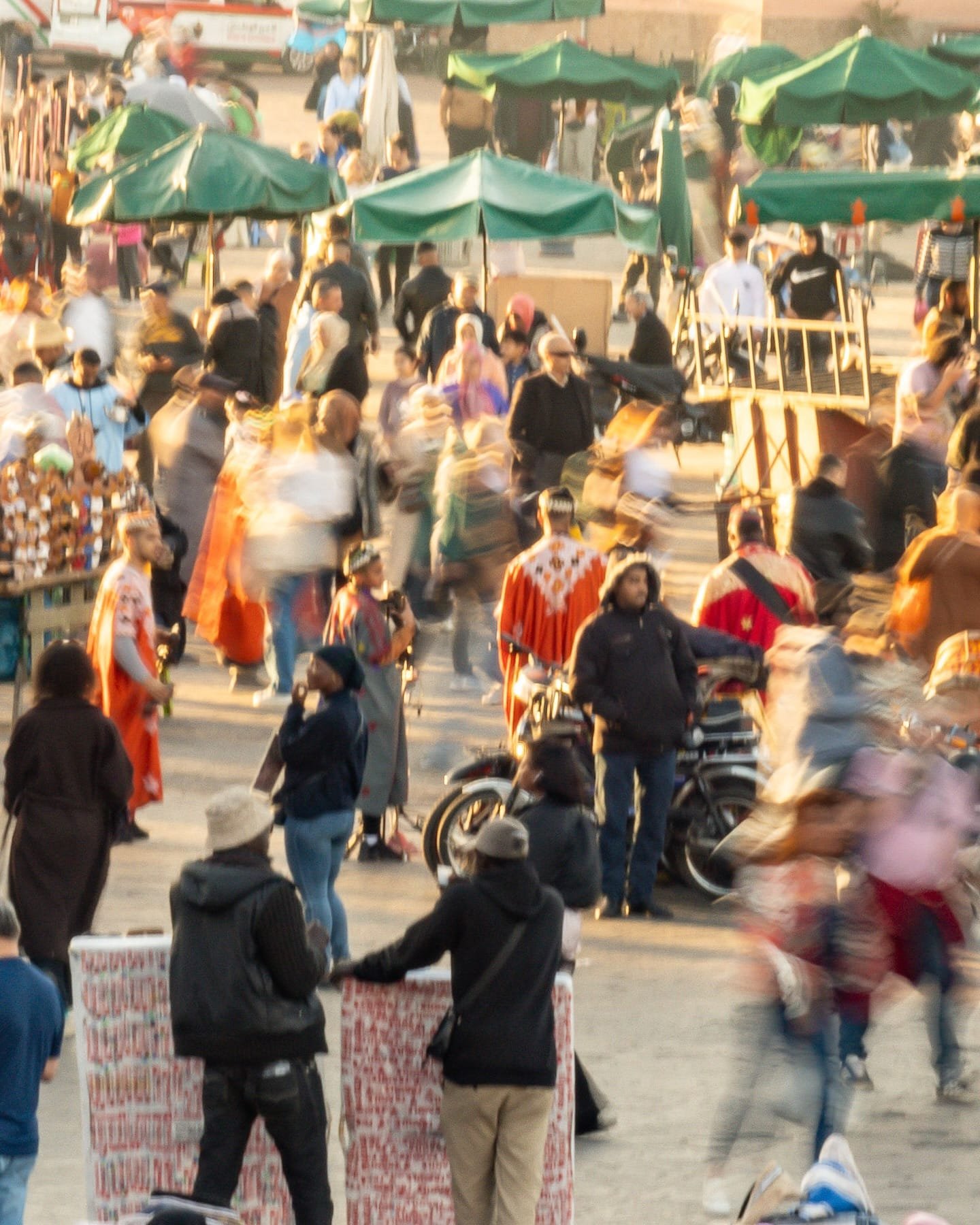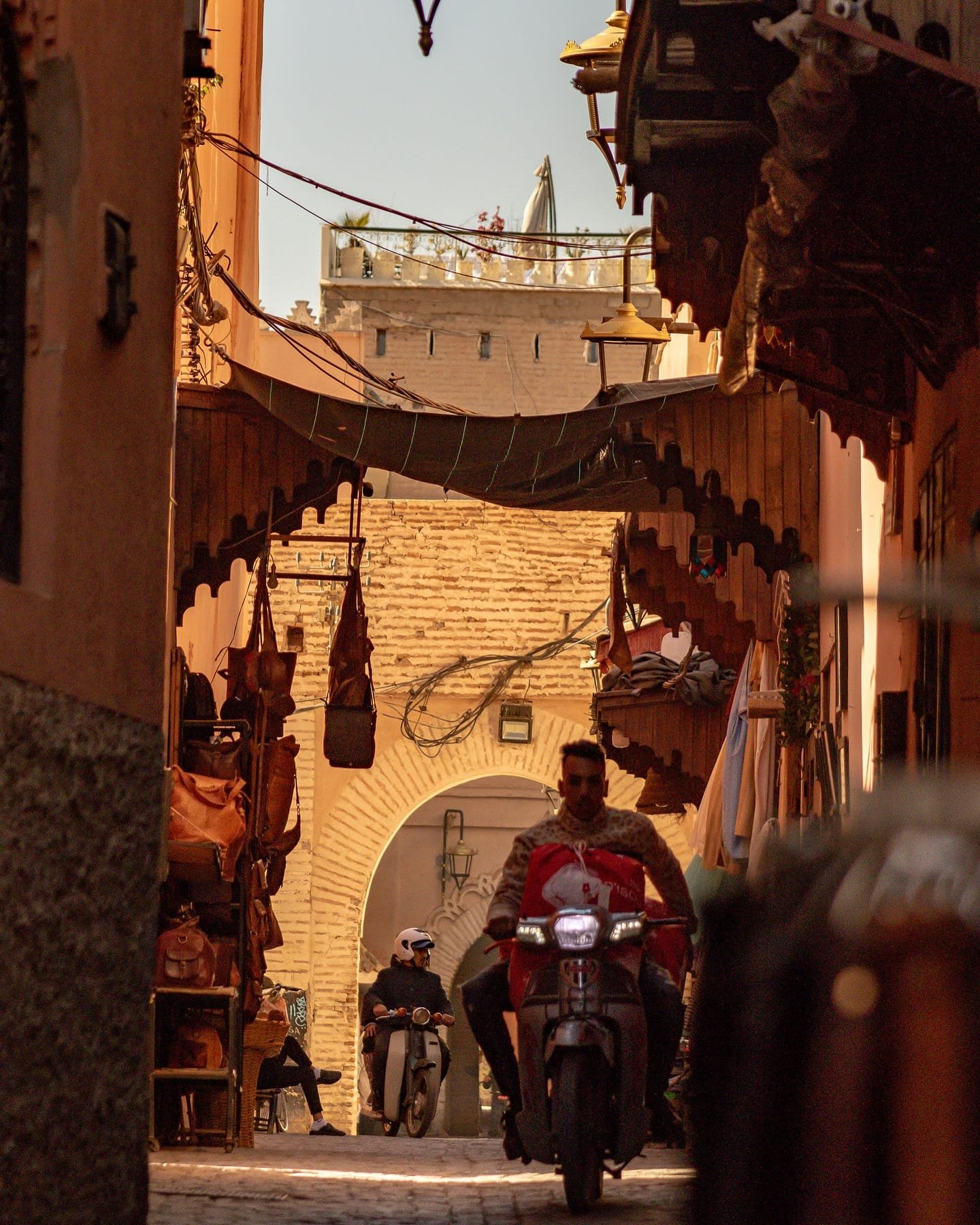
Current Safety Overview
As of May 2025, Morocco is classified as a Level 2 destination by the U.S. State Department, advising travelers to “exercise increased caution” due to terrorism risks. Canada similarly recommends a “high degree of caution.” While violent crime is rare, petty theft and scams are common in tourist hubs like Marrakech and Fez.
- Terrorism Risk: Low but present; last major attack in 2011, with recent plots foiled in early 2025.
- Crime Rate: Petty theft (pickpocketing, bag-snatching) is the primary concern.
- Health Risks: Food/waterborne illnesses and extreme heat in the Sahara.
Safety Risks & How to Mitigate Them
1. Terrorism and Regional Threats
While Morocco’s security forces are robust, terrorist groups may target tourist areas, transportation hubs, and markets. Avoid:
- Western Sahara: Unexploded landmines and political tensions.
- Algerian Border: Military activity and instability within 20 km.
Actionable Tips:
- Stay alert in crowded places like Jemaa el-Fnaa or Hassan II Mosque.
- Enroll in the Smart Traveler Enrollment Program (STEP) for real-time alerts.

2. Is it safe to travel to Morocco Petty Crime and Scams
Morocco’s medinas and souks are hotspots for theft. Common scams include:
- Fake Guides: Offering “free” tours, then demanding payment.
- Overcharging: Vendors inflating prices for tourists.
Prevention Strategies:
- Use anti-theft bags and keep valuables hidden.
- Politely decline unsolicited help and negotiate taxi fares upfront.
3. Health and Hygiene
- Water Safety: Drink bottled water to avoid stomach issues.
- Vaccinations: Hepatitis A and Typhoid recommended.
- Heat Risks: Sahara temperatures exceed 40°C — use sunscreen and hydrate regularly.

4. Cultural and Legal Considerations
- Dress Modestly: Cover shoulders and knees, especially in rural areas.
- LGBTQ+ Travelers: Same-sex relationships are criminalized; discretion advised.
- Public Behavior: Avoid PDA and criticism of the monarchy or religion.
5. Transportation Safety
- Taxis: Use metered “petit taxis” (color-coded by city) and agree on fares beforehand.
- Trains: Opt for the high-speed Al-Boraq (Casablanca–Tangier) for reliability.
- Driving: Chaotic traffic; avoid night driving in rural areas.
Special Considerations
For Solo Travelers & Women
- Solo Women: Expect catcalling; travel with companions at night and dress conservatively.
- Emergency Contacts: Save local police (19) and medical (15) numbers.
Family Travel
Moroccans adore children, making it family-friendly. Stick to cities like Marrakech or Chefchaouen, and avoid remote areas.

Conclusion: Is it safe to travel to Morocco in 2025?
Yes — Morocco is safe for travelers who stay informed and vigilant. By respecting local customs, avoiding high-risk zones, and securing travel insurance, you can explore its wonders confidently. For peace of mind, book guided tours with reputable operators and monitor government advisories before departure.
Ready to explore Morocco safely? check our free Morocco packing checklist and travel guide!


